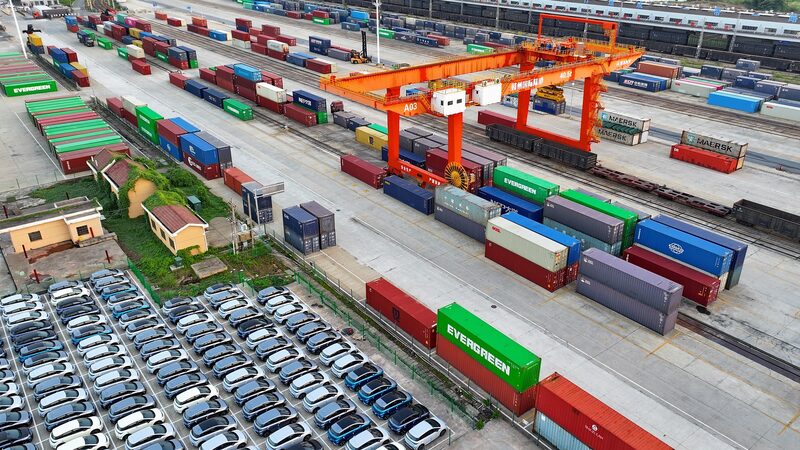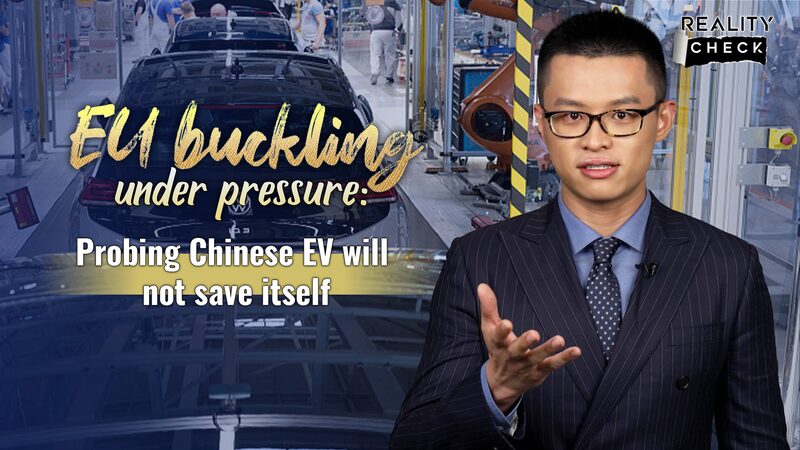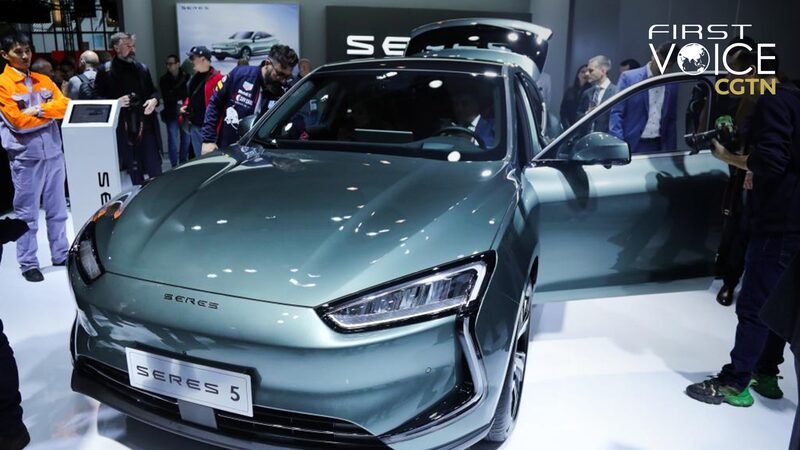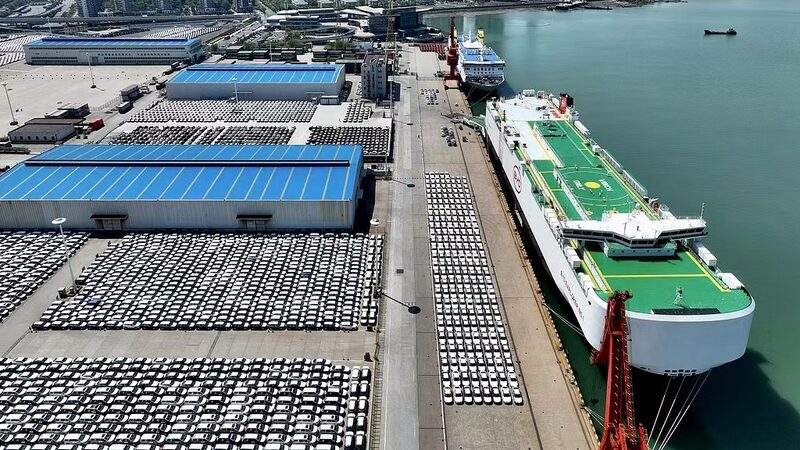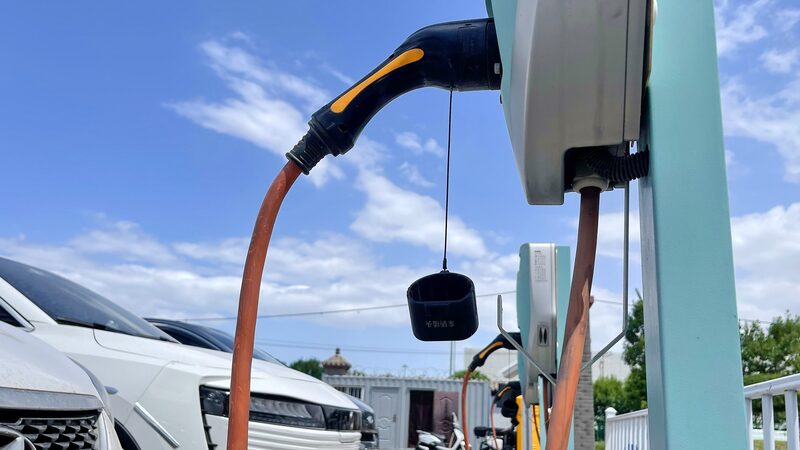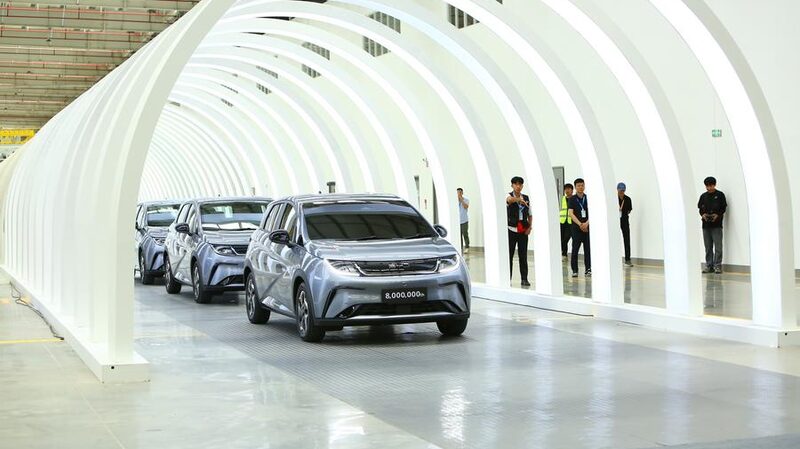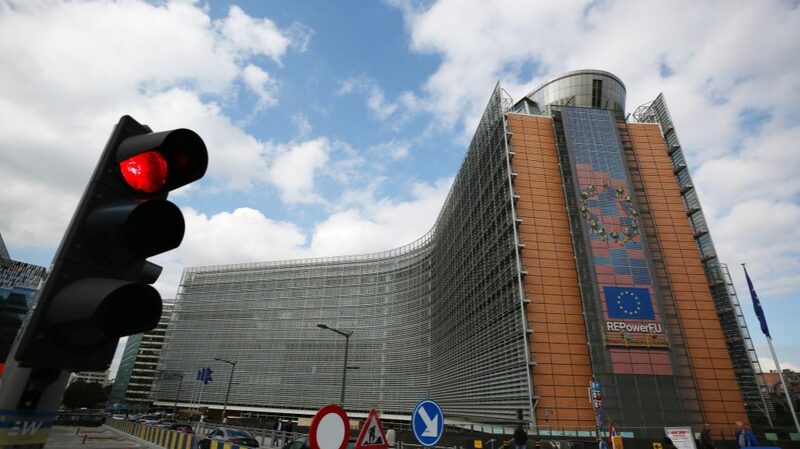The European Commission’s recent decision to impose provisional anti-subsidy duties on electric vehicles (EVs) imported from China has ignited significant opposition across Europe’s political and business landscapes. Scheduled to take effect in July, the tariffs aim to protect the European automotive industry from what the Commission deems unfair competition. However, critics argue that these measures could have unintended consequences that may undermine consumer interests, impede the continent’s green transition, fuel inflation, and hinder technological advancement.
Consumer Impact and Affordability Concerns
One of the primary concerns is the potential increase in EV prices for European consumers. Chinese manufacturers have been instrumental in making EVs more affordable, contributing to wider adoption across Europe. “By imposing tariffs, the EU risks making electric vehicles less accessible to the average consumer,” warned a representative from a European automotive association. Higher prices could slow down the switch from traditional combustion engines to cleaner electric options.
Hindering the Green Transition
The EU has set ambitious targets for reducing carbon emissions, with electric vehicles playing a critical role in achieving these goals. Industry experts caution that tariffs on Chinese EVs could delay progress. “Reducing competition in the EV market may slow innovation and the rollout of new technologies essential for the green transition,” noted an energy policy analyst.
Inflationary Pressures
The introduction of tariffs may also contribute to inflation within the EU. Increased costs for importing EVs can lead to higher retail prices, not only affecting consumers but also influencing the broader economy. Economists emphasize that during times of economic uncertainty, additional inflationary pressures could have wide-reaching implications.
Technological Collaboration at Stake
China has become a global leader in EV technology, and European manufacturers have benefited from technological exchanges and partnerships. Tariffs could strain these relationships, limiting access to cutting-edge advancements. “Collaboration is key to driving the EV industry forward,” said an executive from a European car manufacturer. “Trade barriers risk isolating us from valuable technological progress.”
Calls for Alternative Approaches
Instead of imposing tariffs, some stakeholders advocate for increased cooperation and the strengthening of Europe’s own EV industry through investment in research and development. Encouraging innovation domestically while maintaining open trade relations with China could provide a more sustainable path forward.
Looking Ahead
As the July implementation date approaches, discussions continue among EU member states, industry leaders, and consumer groups. The debate highlights the complex balance between protecting domestic industries and fostering a competitive, innovative market that benefits consumers and advances environmental goals.
Reference(s):
cgtn.com
